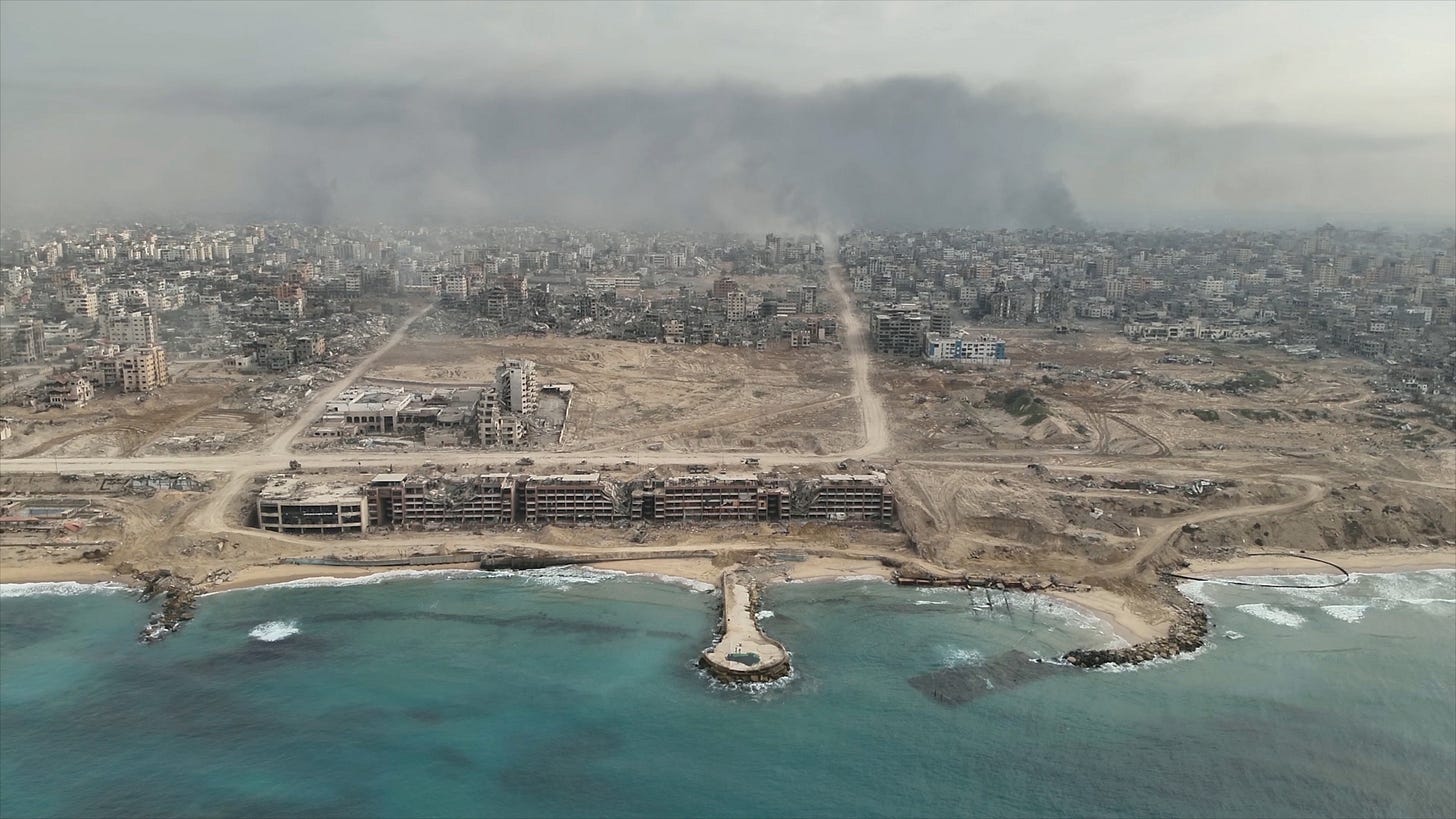The Annexation of Gaza and the West Bank Has Already Begun
Israel no longer hides its intentions. With public plans to reshape Gaza and West Bank realities, the blueprint for annexation is already in motion, and the world is watching in silence.
For decades, Israel has maintained the narrative that occupation was temporary. That the West Bank was disputed territory to be negotiated, and that Gaza was a problem to be solved. But in recent weeks, that fiction has been stripped away. Through new statements, leaked plans, and military movements, the Israeli government has made one thing clear: the …
Keep reading with a 7-day free trial
Subscribe to The Crustian Daily to keep reading this post and get 7 days of free access to the full post archives.



